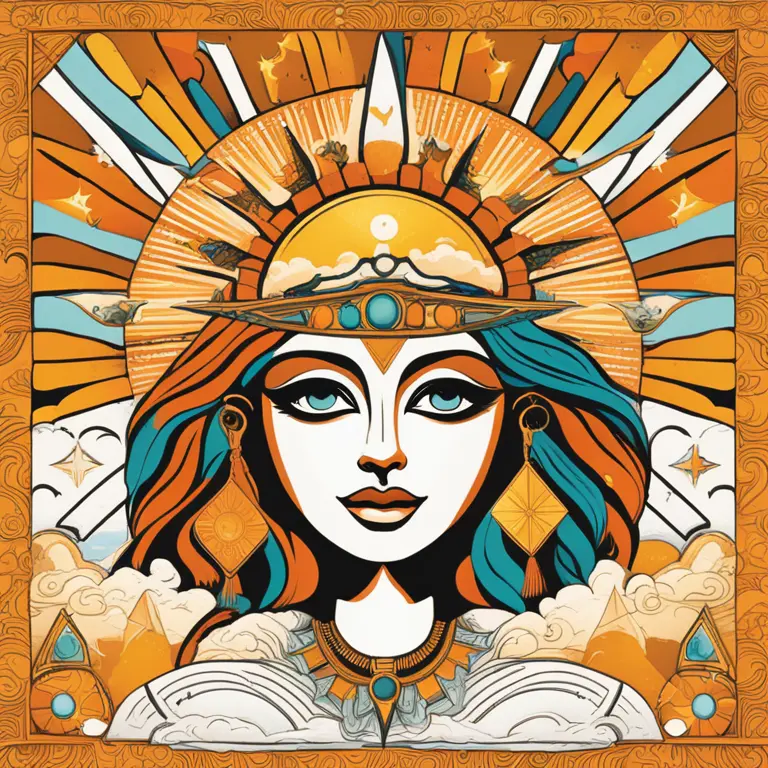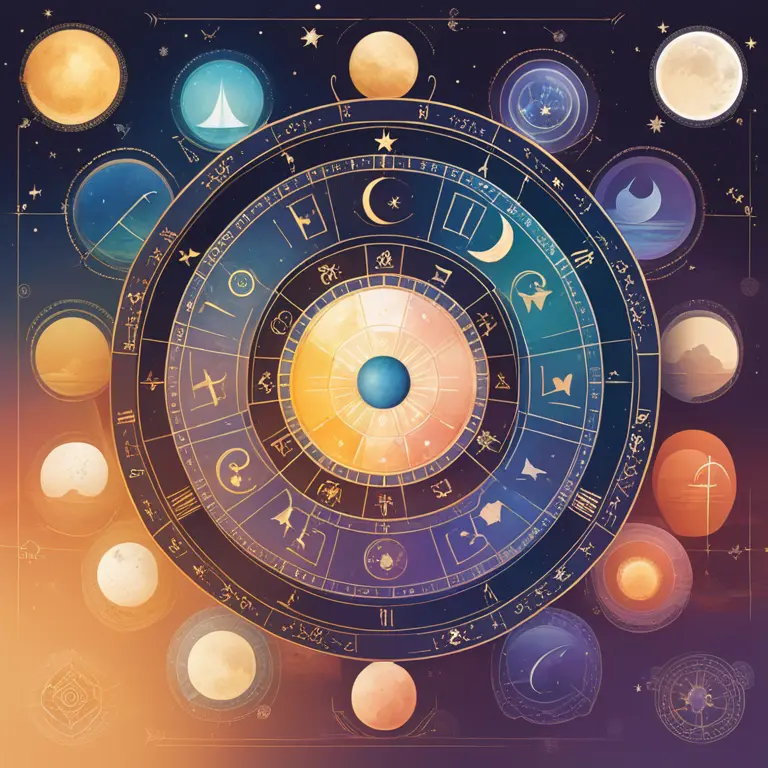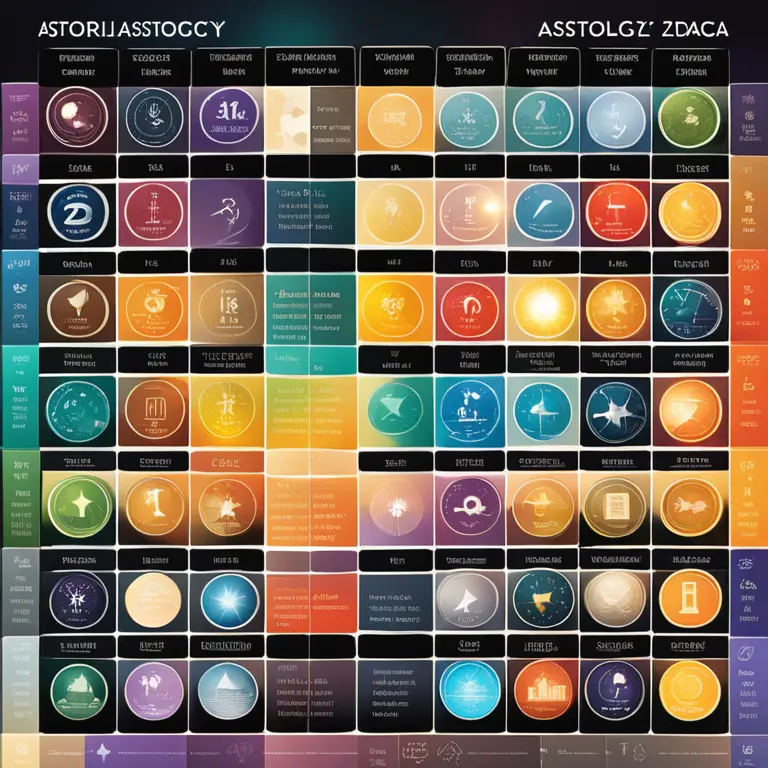
Beginner's Guide to the Stars: Astrology Basics
Embark on your celestial journey with our beginner's guide to astrology, covering fundamental concepts for understanding your star-born blueprint.
article by Priya Deshmukh
Intro to Astrology
Astrology is an ancient practice that links celestial events with life on Earth. It's not just about your daily horoscope; it's a complex system that reflects human personality, potential, and the possibility of events based on planetary positions at the time of your birth. Since its inception thousands of years ago, astrology has woven its way into various cultures and societies, offering insight and guidance. For beginners, understanding the zodiac is the first step. There are twelve signs, each with unique characteristics and divided into four elements—fire, earth, air, and water—that influence our temperament and outlook on life.

Discover Your Sun Sign
The cornerstone of astrology is your sun sign. Determined by the sun's position on your date of birth, it embodies your core personality. Each of the twelve sun signs corresponds to a specific range of dates within a year. People often resonate with their sun sign's traits because it reflects the essence of who they are. However, your natal chart—a snapshot of the sky at your birth moment—contains further complexities such as your moon sign and ascending sign that also shape your astral identity.

The Moon and Ascendant Significance
While your sun sign symbolizes your basic nature, the moon sign delves into your emotional interior, affecting how you respond to feelings and connect with others. Determined by the moon's location at your time of birth, it can significantly differ from your sun sign, contributing to the richness of your personality. The ascendant or rising sign reflects the zodiac sign that was rising on the eastern horizon when you were born and influences your outward demeanor and first impressions. Together, these three key elements form the foundation of your astrological profile.

Planets and Houses in Your Chart
In astrology, planets have symbolic meanings, and their positions in your natal chart impact various aspects of your life. Mercury, for instance, governs communication, while Venus influences love and beauty. The chart is also divided into twelve houses, each ruling different life areas like career, relationships, and personal growth. The interaction between the planets and the houses reveal the multi-dimensional dynamics of your existence and potential life paths.
Aspects: Angles with Meaning
Planetary aspects, the angles planets form with each other in your chart, add another layer of complexity. These angles can create harmony or tension between the planets' energies, influencing how they work together. A trine, for example, is a favorable aspect that suggests flow and ease, whereas a square indicates a challenge that requires effort to overcome. Learning the aspects helps in understanding the forces at play in your personal astrology.
Learning and Growing with Astrology
Astrology for beginners is a fascinating study that offers endless personal insights. As you delve deeper, remember that astrology is not deterministic; it provides tendencies and potentials that can empower you to make conscious choices. Engaging with astrology can become a tool for reflection and growth, offering a cosmic compass for navigating life's journey. Whether you're looking for self-understanding or curious about the future, astrology opens a window to the soul set amidst the stars.
Published: 2/13/2024
Modified: 2/13/2024
More predictions
Come back here soon to learn more about yourself and your future


The Moon Tarot Card: Insights and Meanings
Delve into the profound symbolism and astrological implications of the Moon Tarot card for guidance and personal reflection.


Crafting Inquiry: Top Tarot Questions to Ask
Discover the right questions to pose during a tarot reading to gain profound insights into your life's direction and decisions.


The Tarot Card Deck: A Gateway to Mystical Insights
Discover the tarot deck's rich symbolism and its role in personal growth and foresight. An insightful guide to the power of tarot cards.